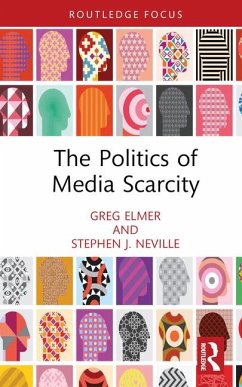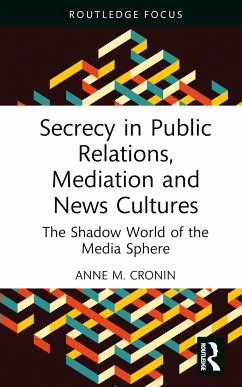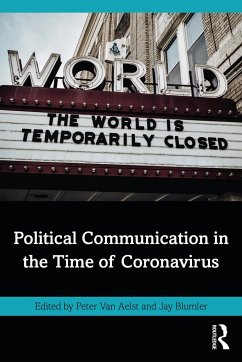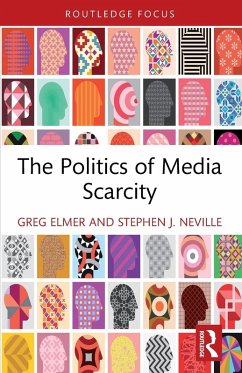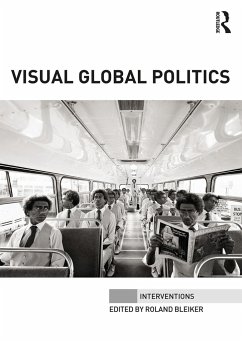
News Quality in the Digital Age
Versandkostenfrei!
Versandfertig in 6-10 Tagen
41,99 €
inkl. MwSt.

PAYBACK Punkte
21 °P sammeln!
This book brings together a diverse, international array of contributors to explore the topics of news "quality" in the online age and the relationships between news organizations and enormously influential digital platforms such as Facebook, Google, and Twitter. Covering topics ranging from internet incivility, crowdsourcing, and YouTube politics to regulations, algorithms, and AI, this book draws the key distinction between the news that facilitates democracy and news that undermines it. For students and scholars as well as journalists, policymakers, and media commentators, this important wo...
This book brings together a diverse, international array of contributors to explore the topics of news "quality" in the online age and the relationships between news organizations and enormously influential digital platforms such as Facebook, Google, and Twitter. Covering topics ranging from internet incivility, crowdsourcing, and YouTube politics to regulations, algorithms, and AI, this book draws the key distinction between the news that facilitates democracy and news that undermines it. For students and scholars as well as journalists, policymakers, and media commentators, this important work engages a wide range of methodological and theoretical perspectives to define the key concept of "quality" in the news media.








